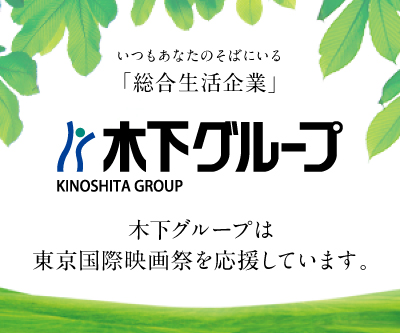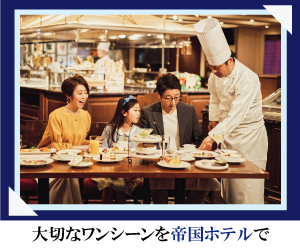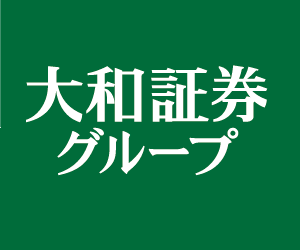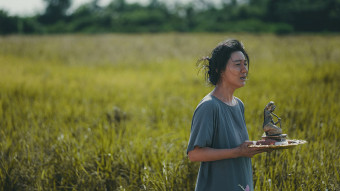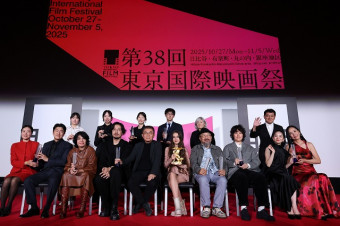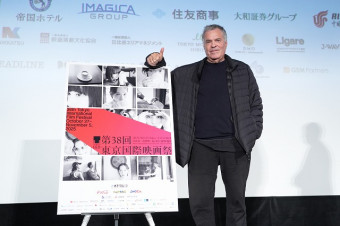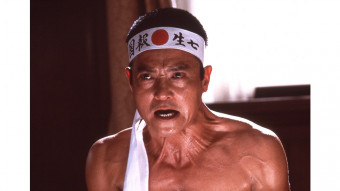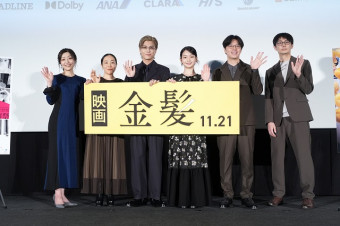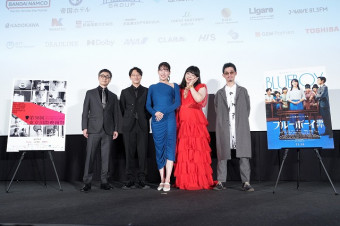The Tokyo International Film Festival (TIFF) is pleased to announce that the Lifetime Achievement Award, presented to individuals who have made outstanding contributions to the film industry in Japan and abroad, will be awarded to iconic director Yamada Yoji at the festival’s 38th edition.
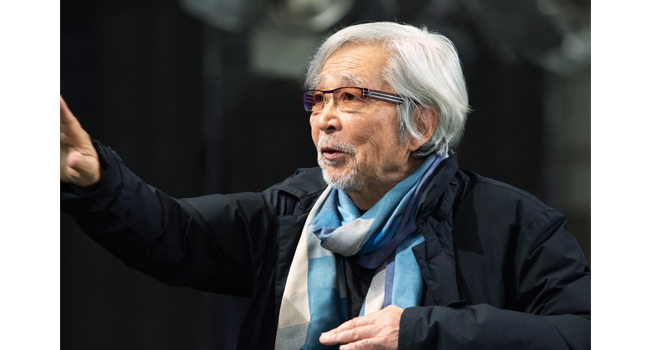
Since making his directorial debut with Nikai no tanin in 1961, Yamada has spent more than half a century consistently creating films deeply rooted in the culture and everyday lives of ordinary people in Japan. There are innumerable standouts among the 91 films he has so far directed, but one of the most notable is the Tora-san series (Tora-san, Our Lovable Tramp, 50 films in total), which has become a beloved national institution. Recognized by Guinness World Records, this unparalleled cinematic achievement continues to touch audiences around the world with its timeless depictions of family love and nostalgia for home.
From the 2000s onward, Yamada ventured into new territory with period films. The Twilight Samurai (2002) was nominated for Best Foreign Language Film at the 76th Academy Awards®. The Hidden Blade (2004) was screened in Competition at the 55th Berlin International Film Festival and won the Best Film Award at the 7th Zimbabwe International Film Festival. His latest work, Tokyo Taxi (to be released on November 21), which has been selected as this year’s TIFF Centerpiece, is based on the French film Driving Madeleine (2023) and is a moving human drama that celebrates the joy of life. His creative energy remains undiminished.
Yamada has captured the subtleties of the Japanese spirit and reflected essential values that are in danger of being lost, making an immeasurable contribution to the development of cinematic culture. In recognition of his extraordinary achievements, TIFF is honored to present him with the Lifetime Achievement Award.
Comment from Ando Hiroyasu, 38th TIFF Chairman
Yamada Yoji has long observed the realities of Japanese society with a discerning yet compassionate eye, crystallizing them into numerous cinematic masterpieces over the decades. Above all, he possesses a profound love of cinema and has consistently maintained a wide-ranging interest in films from both Japan and abroad, past and present, while demonstrating a deep commitment to the future of the medium. He has also devoted himself to nurturing younger generations of filmmakers. His outstanding contributions to the advancement of cinematic art have earned him the highest admiration and respect.
Since the inception of the Tokyo International Film Festival, Mr. Yamada has supported the festival in various ways, most recently serving as Chair of the Kurosawa Akira Award Jury. In recognition of his many remarkable achievements, I would like to express my deepest respect and heartfelt congratulations on his receipt of the Lifetime Achievement Award.
Yamada Yoji Profile
Yamada began the Tora-san series (Tora-san, Our Lovable Tramp) in 1969, which went on to span 50 films. His other major works include Where Spring Comes Late (1970), Home from the Sea (1972), The Village (1975), and The Yellow Handkerchief (1977), which won six awards, including Best Director, at the inaugural Japan Academy Film Prizes. Subsequent works include My Sons (1991) and A Class to Remember (1993).
In 2002, The Twilight Samurai, based on a story by Fujisawa Shuhei, swept major domestic awards, winning in 15 categories at the 26th Japan Academy Film Prizes, and was nominated for Best Foreign Language Film at the 76th Academy Awards®. The Hidden Blade (2004) was screened in Competition at the 55th Berlin International Film Festival and won the Best Film Award at the 7th Zimbabwe International Film Festival. Love and Honor (2006) was a major box-office hit, followed by Kabei: Our Mother (2008), which was selected for Competition at the 58th Berlin International Film Festival.
In 2010, Yamada released About Her Brother, his first contemporary drama in a decade, which screened as the Closing Film at the 60th Berlin International Film Festival and earned him the Berlinale Camera award. That same year, Kyoto Story, made in collaboration with students from Ritsumeikan University, where he has served as a visiting professor since 2007, was also screened to great acclaim.
In 2013, he paid homage to Ozu Yasujiro with Tokyo Family, followed by The Little House (2014), which competed at the 64th Berlin International Film Festival and won the Silver Bear. Over the past decade alone, he has directed Nagasaki: Memories of My Son (2015), What A Wonderful Family! (2016) and its two sequels (2017, 2018), Tora-san, Wish You Were Here (2019, marking the series’ 50th anniversary), It’s A Flickering Life (2021), and Mom, Is That You?! (2023), starring Yoshinaga Sayuri and Oizumi Yo as mother and son for the first time, all attest to his continued creative vitality. His latest film, Tokyo Taxi, starring Baisho Chieko and Kimura Takuya, will screen at the 38th TIFF as the Centerpiece film and will be released domestically on November 21, 2025.
Yamada has received numerous honors in Japan, including the Minister of Education Award for Fine Arts and the Mainichi Art Award (1970); the Kikuchi Kan Prize (1972); the Medal with Purple Ribbon and the Asahi Prize (1996); the Order of the Rising Sun, Gold Rays with Rosette (2002); recognition as a Person of Cultural Merit (2004); membership in the Japan Art Academy (2008); the Order of Culture (2012); and designation as an Honorary Citizen of Tokyo in 2014.











